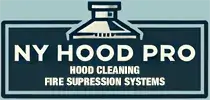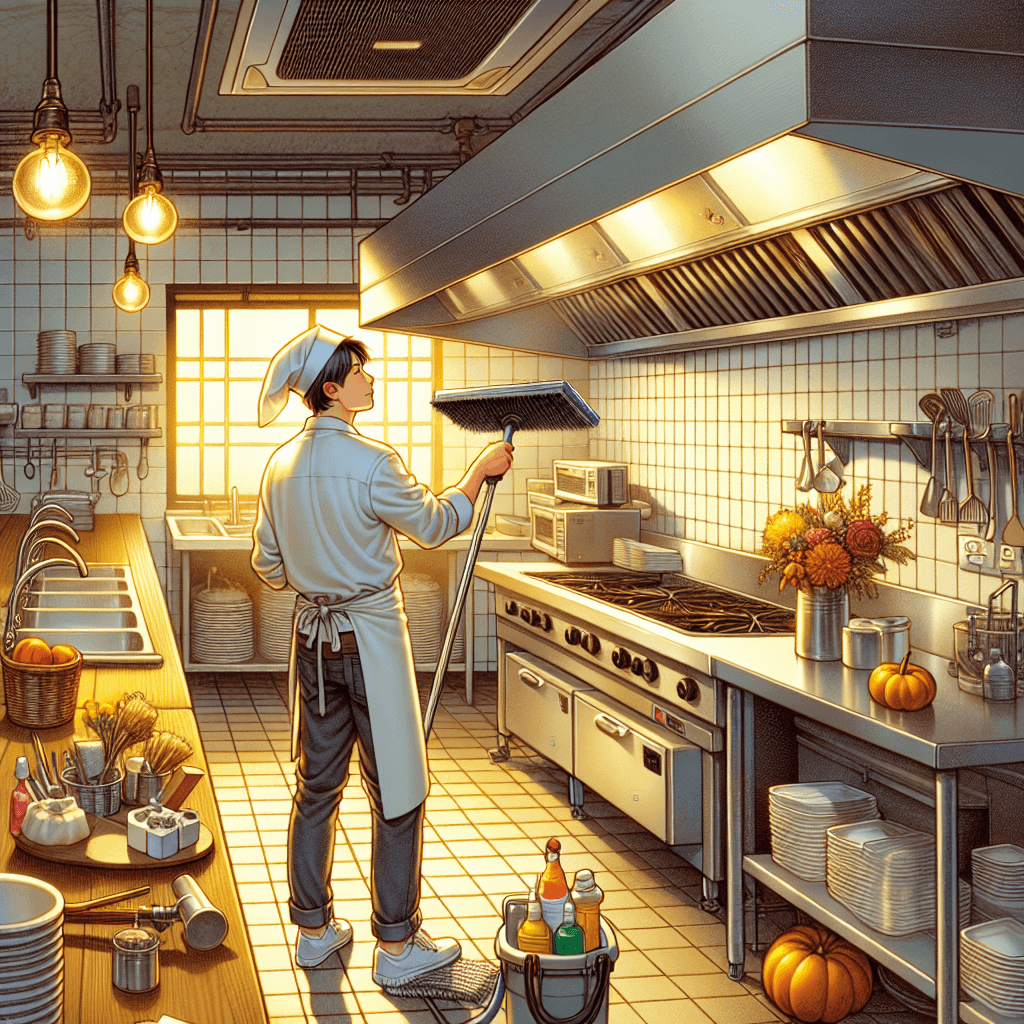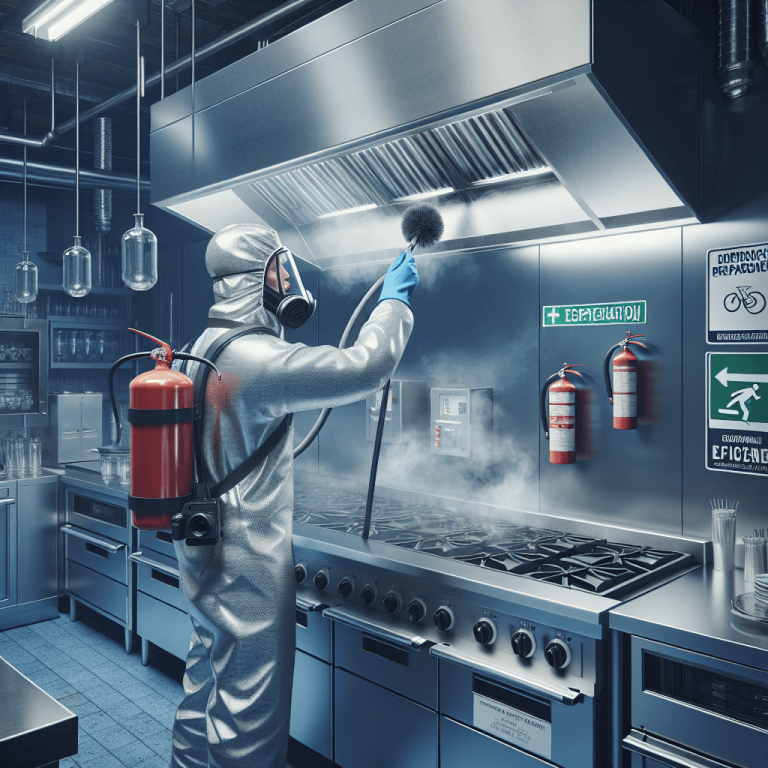Essential Hood Cleaning Tips for Seasonally Operated Restaurants
The Importance of Hood Cleaning for Seasonal Restaurants
For many restaurant owners in New York, the changing seasons bring changes in business operations. Whether it’s a bustling eatery during summer or a cozy café in winter, seasonal restaurants have unique needs when it comes to maintaining their kitchen equipment. One crucial aspect is hood cleaning, an often-overlooked task that can significantly impact the safety and efficiency of your restaurant. In this guide, we’ll delve into why restaurant hood cleaning is vital and provide insights into managing it effectively as you navigate the seasons.
Understanding the Role of Hood Cleaning
Before diving into seasonal specifics, it’s important to grasp the fundamentals of commercial kitchen hood cleaning. The exhaust hood is a critical component in any restaurant’s kitchen ventilation system, responsible for expelling smoke, grease-laden vapors, and odors. Over time, these substances can accumulate within the hood, filters, and ductwork, posing serious fire hazards. Regular cleaning not only ensures compliance with fire safety standards but also maintains the efficiency of your exhaust system, thereby improving air quality and reducing energy consumption.
Why Seasonal Restaurants Need a Unique Hood Cleaning Approach
Seasonal restaurants face distinctive challenges in planning their maintenance schedules, including exhaust hood cleaning. The timing and frequency of these services need to be tailored to the specific operations of the restaurant, which can drastically differ from regular year-round establishments. Here are some considerations for seasonal restaurant owners:
- Fluctuating Volume: Seasonal restaurants may have periods of intense activity followed by complete closures or reduced hours. Cleaning schedules should be aligned with these peaks and valleys to ensure optimal safety and performance.
- Weather Influences: The local climate in New York can affect kitchen operations and the buildup of residues. For example, higher summer demand may lead to increased production and an accelerated need for cleaning.
- Avoid Prolonged Off-Season Neglect: Even while closed, a restaurant’s equipment should not remain unchecked. Accumulated grease can harden and become more difficult to clean. Arranging a comprehensive service, such as with New York Hood Pro, can help mitigate such issues.
Creating a Seasonal Hood Cleaning Schedule
Effective scheduling is the backbone of maintaining an efficient seasonal restaurant. Here’s how owners can develop a tailored cleaning strategy:
1. Assess Kitchen Usage and Menu
The type of cuisine you offer can influence the frequency of restaurant hood cleaning. Fried foods, for instance, tend to produce more grease compared to grilled items. Use this data to gauge how often your hoods might require attention.
2. Collaborate with Professionals
Working with professionals like New York Hood Pro ensures thorough servicing of your kitchen’s exhaust systems, tailored to the fluctuations of your business cycle. Professional teams can also offer insights on maintenance best practices that fit your specific needs.
3. Pre- and Post-Season Cleaning
Consider extensive cleaning services both before opening for the season and after closing. This practice ensures that equipment starts and ends each season in top condition, reducing the likelihood of equipment-related downtime.
4. Regular Inspections
Implement monthly or quarterly inspections to identify buildup issues early on. This proactive approach can catch potential problems before they require costly repairs or lead to safety hazards.
The Benefits of Consistent Hood Cleaning
Beyond safety, keeping up with a consistent hood cleaning schedule provides numerous long-term benefits for seasonal restaurants in New York:
- Increased Equipment Lifespan: Regular maintenance extends the life of your kitchen equipment, leading to cost savings in the long run.
- Energy Efficiency: Clean systems operate more efficiently, potentially lowering utility bills and benefiting the environment.
- Compliance and Insurance: Meeting cleaning standards can impact insurance premiums and keep you compliant with local health and safety regulations.
- Enhanced Air Quality: A clean exhaust system ensures a comfortable environment for staff and customers by improving ventilation and reducing kitchen odors.
Conclusion
Hood cleaning is an indispensable part of maintaining a safe, efficient, and compliant restaurant, especially for those with seasonal operations. By integrating a thorough, tailored cleaning routine with the guidance of professionals like New York Hood Pro, seasonal restaurant owners can enjoy peace of mind as they prepare for each new opening and closing. Whether your establishment is nestled in the bustling streets of New York or along the scenic countryside, prioritizing commercial kitchen hood cleaning will ensure your business runs smoothly through every season.






